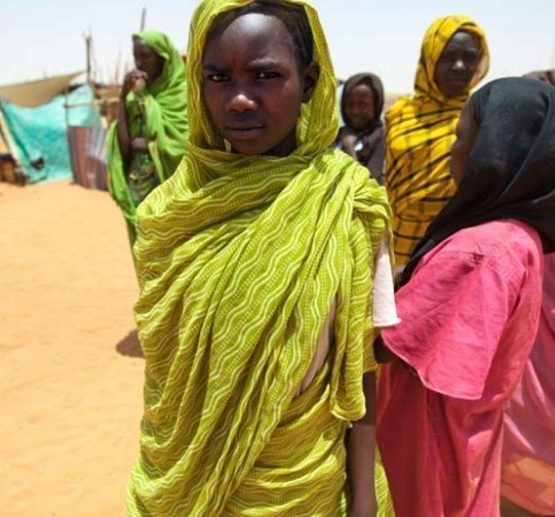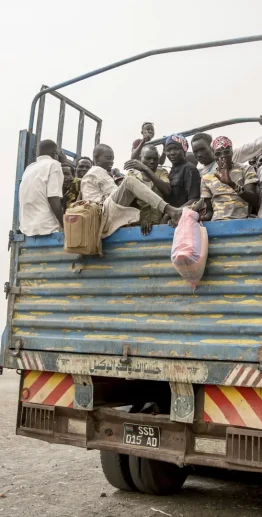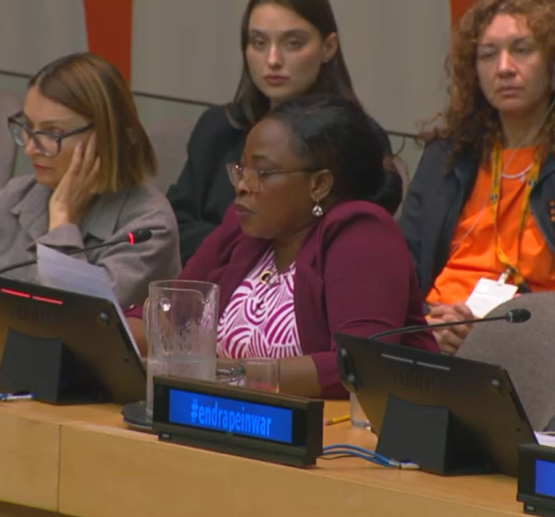Another Ill-advised Congressional Trip to Sudan
We were alarmed to learn that yet another U.S. Congressional delegation visited Sudan on the weekend of March 16th, 2019. If this delegation, whose trip is facilitated by the Humpty Dumpty Institute (HDI), is looking to build upon least year’s Congressional visits to Sudan sponsored by HDI, they are sending a wrong and dangerous message to President Omar al-Bashir and his government. The American people deserve an answer.
They should have numerous questions regarding HDI, as it seems that the organization’s primary purpose has become taking politicians to Sudan and working on rebranding the genocidal face of the regime in Khartoum while the Sudanese people themselves reject Mr. al-Bashir. HDI stopped posting financial information on its website in 2011. We also have questions regarding the funder of the previous trips, Bash Pharma. The delegations visited a Bash Pharma manufacturing facility, and we would like to understand better the role they are playing.
Last year, two HDI-sponsored delegations visiting Sudan met with political leaders in Khartoum. During these visits, the delegation was hosted at the house of the First Vice President, at the National Assembly, at the home of the Chargé d’Affaires, and with the National Intelligence and Security Service. While there, they were undoubtedly told about all the steps the government was taking to end the violence, make reforms, and return the country to prosperity. The delegation worked with the al-Bashir regime to open up their banking system, remove further sanctions, and be removed from the State Sponsors of Terrorism list. History is not on the side of this being constructive.
When the world was up in arms about the genocide in Darfur, Mr. al-Bashir promised to reduce his attacks and promised reforms. He falsely convinced the world that the genocide was over, and used the interim time to gain greater control of the media and the messages the world would hear. Once most economic restrictions were lifted, however, Mr. al-Bashir returned to violent methods of rule. The number of displace persons has risen dramatically over the past few years. Mass rapes, theft and murder have not only returned to Darfur, but have spread to other regions. Three million displaced Sudanese remain under attack and too afraid to return home because of insecurity. The policies of normalization have only emboldened this regime.
Luckily, the people of Sudan understand what American politicians do not: This violent regime will never change, and the time for new leadership has come. In December, nationwide protests calling for Mr. al-Bashir to step down erupted, and despite an unconstitutional state of emergency aimed at quelling dissent, they continue to grow. The government has responded the only way they know how—with violence. Dozens have been killed, thousands jailed, and reports of beatings and torture are common. Doctors have been targeted, six hospitals have been attacked, members of the free-press are jailed, and brave human rights defenders and lawyers are arrested regularly.
This is not a regime that will change and any policy that aims to work with it is horribly misguided. U.S. voters need to understand why yet another congressional delegation is visiting Khartoum and why they are pushing to give Mr. al-Bashir more power. Voters also need to know why these delegations are not visiting Darfur, Blue Nile, and South Kordofan where the people there will tell them a much different story than the ones they are being told in Khartoum.
Press reports regarding the current and past congressional trip to Sudan can be found here:
http://www.sudantribune.com/spip.php?article67195
http://www.sudantribune.com/spip.php?article67230
http://www.startribune.com/sudan-secures-300m-loans-from-regional-fund-amid-protests/507265372/
Details of the last year’s trips can be found on HDI’s website here:
http://thehdi.org/congressional_delegations/sudan_delegation_july_2018.html
Mike Hall
Policy Advisor
Darfur Women Action Group
darfurwomenaction.org



